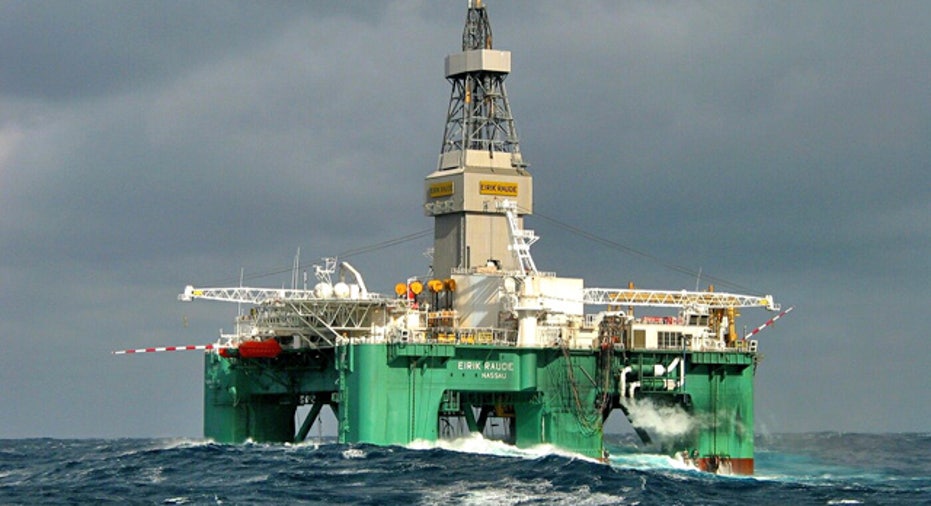Oil Marches Towards $112 on Signs of China Growth

LONDON – Oil rose towards $112 per barrel on Monday on signs economic growth in China, the world's second-biggest oil consumer, was starting to recover while rising tension in the Middle East lent further support.
Activity in China's manufacturing sector quickened for the first time in 13 months in November, a survey of private factory managers found, adding to evidence of a pickup after seven quarters of slowing growth.
"Crude oil prices are beginning the new week of trading up thanks to positive economic data from China," said Carsten Fritsch of Commerzbank. "The geopolitical tensions in the Middle East are also playing their part."
Brent futures were up 20 cents at $111.43 per barrel by 1133 GMT, after rising 2.3 percent in November. U.S. crude fell 4 cents to $88.87 per barrel.
Turmoil in the Middle East also supported oil. Egypt's top court shut down over Islamist protests and Syrian forces pounded rebel-held suburbs around Damascus with fighter jets on Sunday.
"The on-going Syrian tension, the tentative Israel-Hamas ceasefire ... and the rift over the new Egyptian constitution ... it is not hard to see why geopolitics are supportive," Tamas Varga, an oil analyst at brokers PVM Oil Associates in London, said in a research note.
CHINA REVIVAL
The HSBC Purchasing Managers Survey (PMI), which focuses on private export-oriented manufacturers, rose to 50.5 in November, inching above the 50-mark that separates growth from contraction for the first time in 13 months.
Investors will now be awaiting China's industrial output and trade data later this month for further confirmation of revival in the world's biggest energy consumer.
Concern over the United States' fiscal deficit and talks on the upcoming fiscal cliff, a $600 billion package of tax hikes and spending cuts which may plunge the world's biggest economy into deep recession, kept oil price gains in check.
"It's the main downside risk for prices as it could increase risk-aversion, push up the U.S. dollar and therefore weigh on commodities prices and also on oil prices," Fritsch said.
The package takes effect at the end of the year and President Barack Obama's administration and congressional leaders are trying to work toward a deficit reduction in the next session of Congress that begins in January.
Investors are also awaiting economic data from the United States, specifically on employment, to assess the health of the nation's labour market. (Additional reporting by Ramya Venugopal in Singapore; editing by James Jukwey)



















